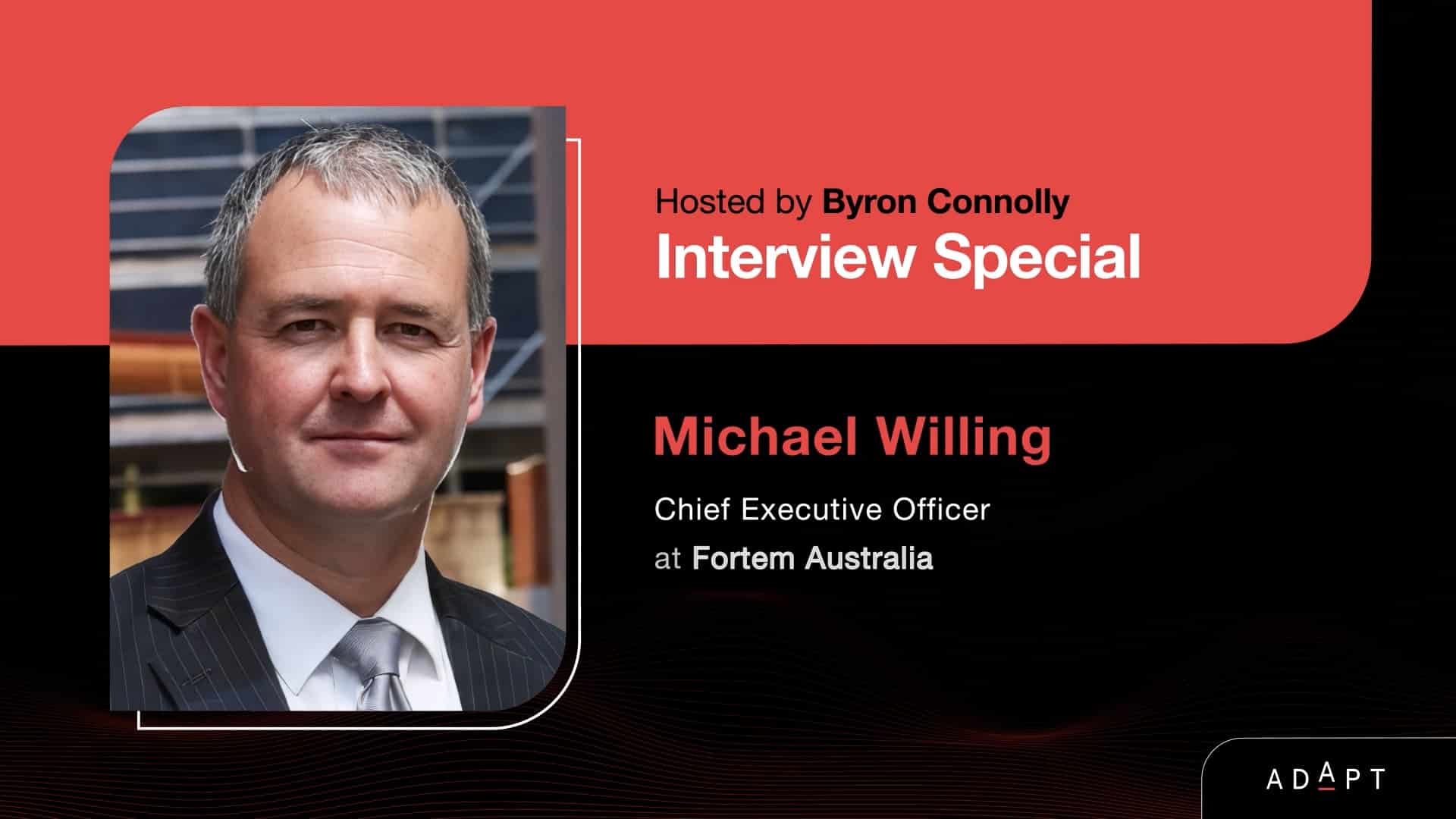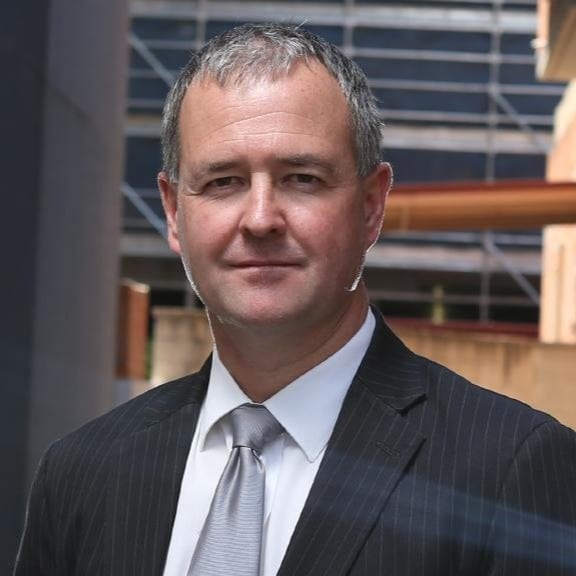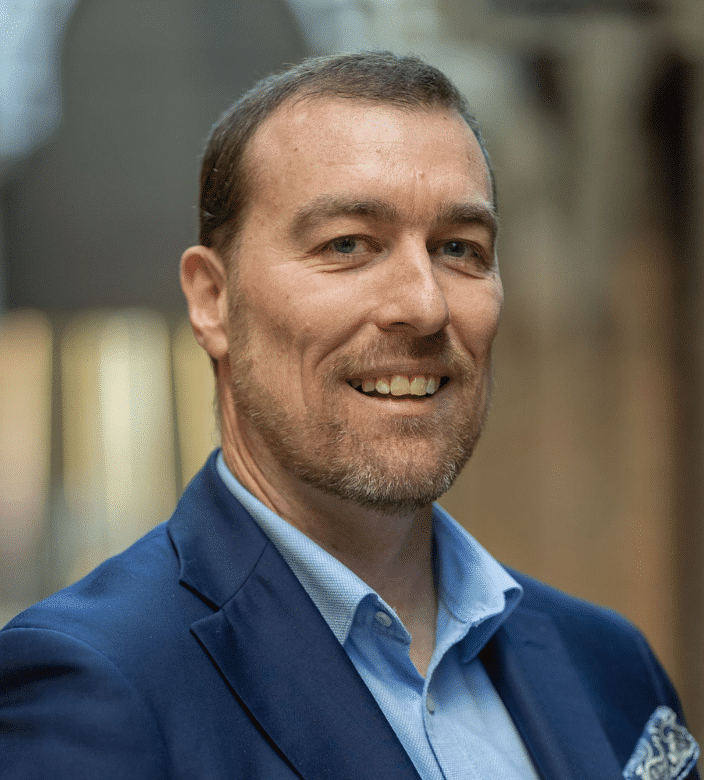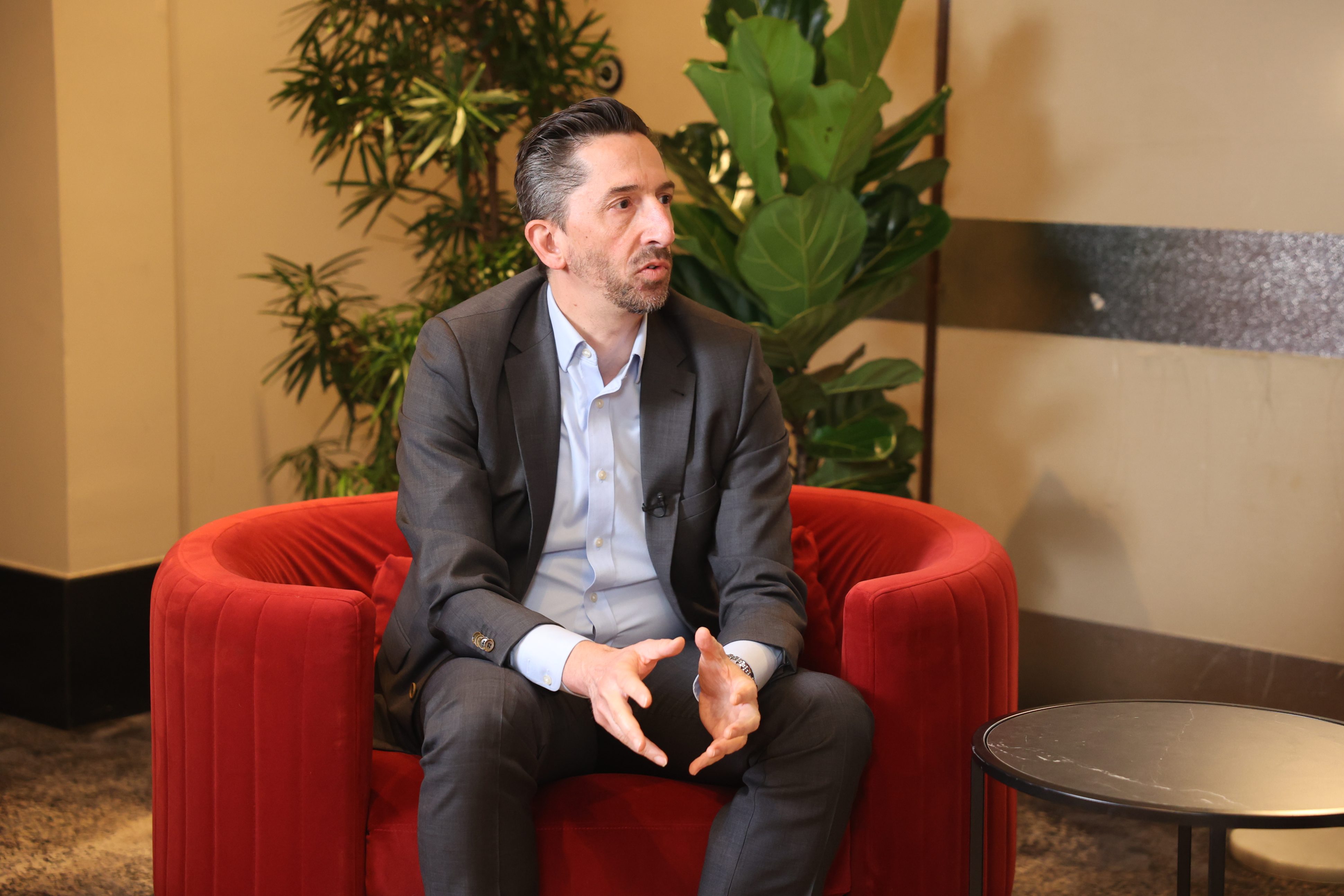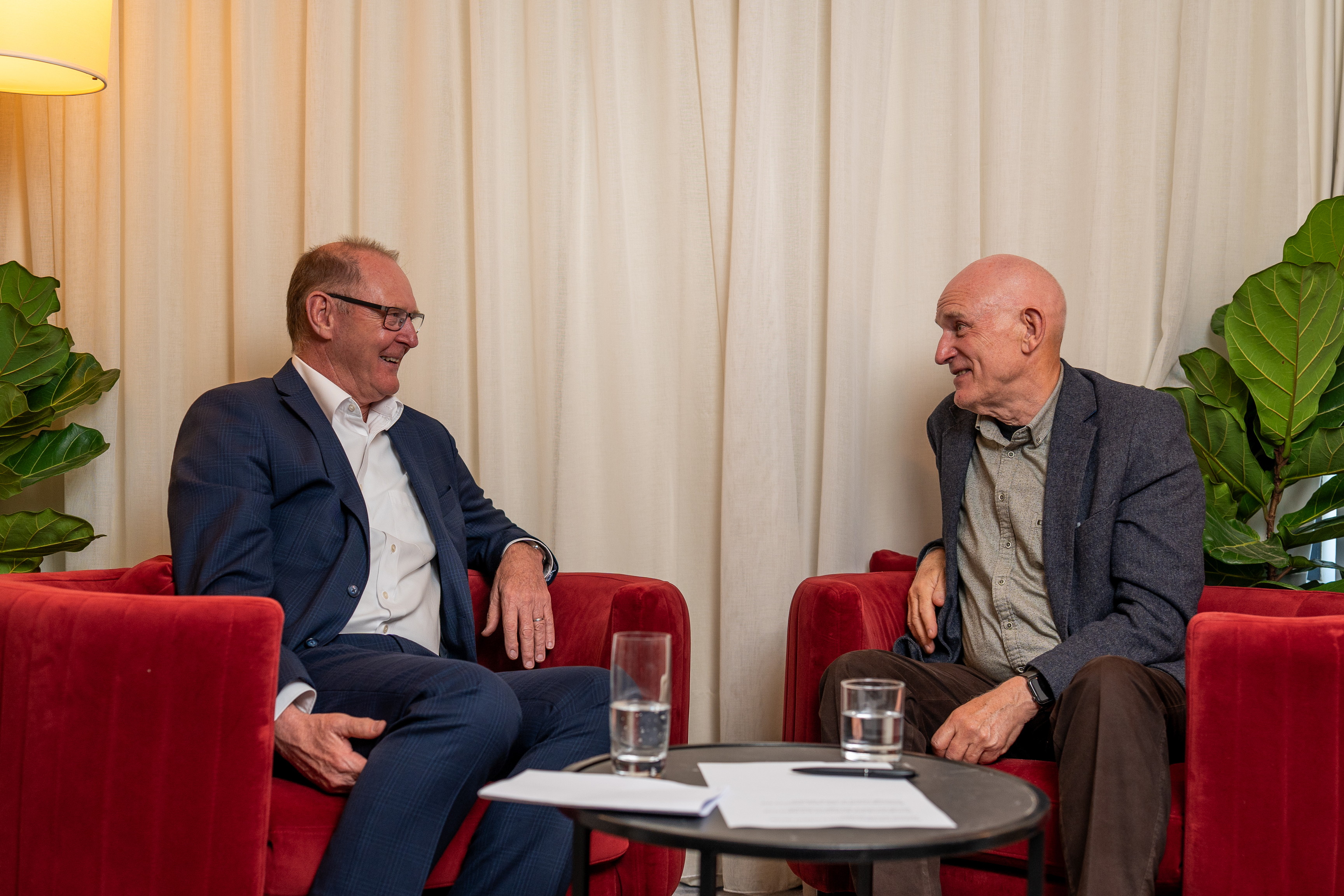Fortem Australia CEO Michael Willing tells ADAPT cyber leaders face pressures like first responders, with AI offering major benefits and complex new security challenges.
He believes the pressures on cyber security leaders mirror the intense demands faced by first responders.
In this interview with ADAPT’s Head of Programs & Value Engagement Byron Connolly, Michael draws on more than three decades in the NSW Police Force, including roles in homicide and counter-terrorism, to explain the parallels between responding to cyber incidents and managing critical public safety events.
“They’ve got a huge challenge on their hands as everyone is well aware…I take my hat off to them for what they are trying to do.”
Cyber leaders, like police or emergency personnel, must operate within strict governance and legal frameworks, often unable to see their adversary and confronting attackers who use the same tools defenders rely on.
The public and professional toll can be severe.
“We’ve seen incidents of cyber hacks play out publicly… the toll that flows from that for executives can be absolutely harrowing.”
AI’s potential and the human factor
Michael sees significant opportunities for AI to enhance law enforcement by quickly processing large volumes of information and identifying criminal activity.
He believes the efficiencies AI can deliver to agencies like the NSW Police Force are clear, especially compared to the days when homicide detectives spent months manually reviewing CCTV footage, a task AI can now complete in minutes.
He also stresses that these benefits must be balanced with strong ethics and oversight, with the human factor remaining central to decision-making.
Among the risks he points to is data poisoning, where manipulated or misleading information is introduced into machine learning systems, potentially compromising their accuracy and reliability.
Tackling borderless crime
A growing challenge for policing, Willing says, is the rise of crimes committed offshore, creating jurisdictional and evidentiary hurdles.
“Explaining technology and these crimes in a way that juries can understand is an ongoing challenge not just for policing but for the whole criminal justice system.”
He supports building sovereign AI capabilities and believes regulation will be necessary, with frameworks adapting as technology evolves.





















